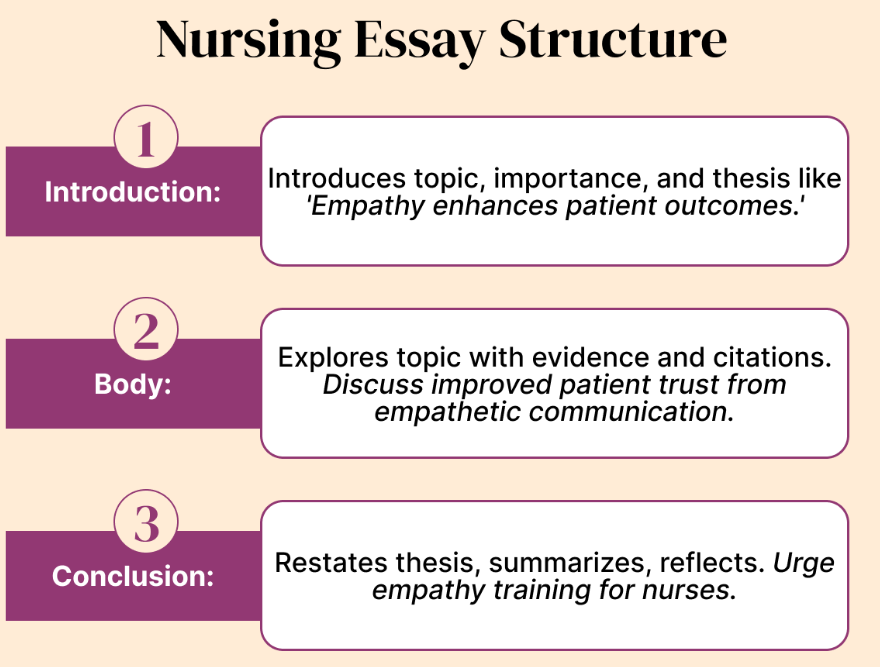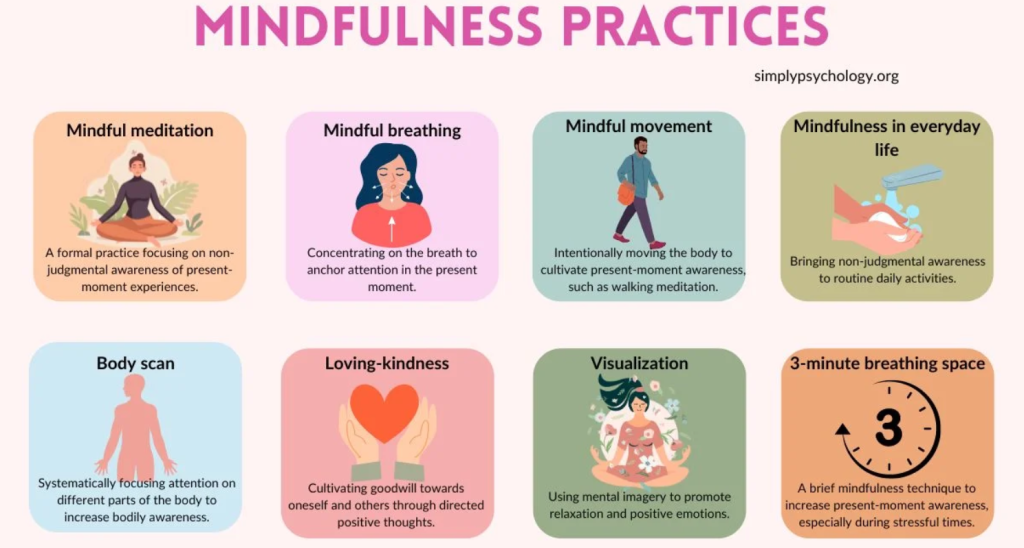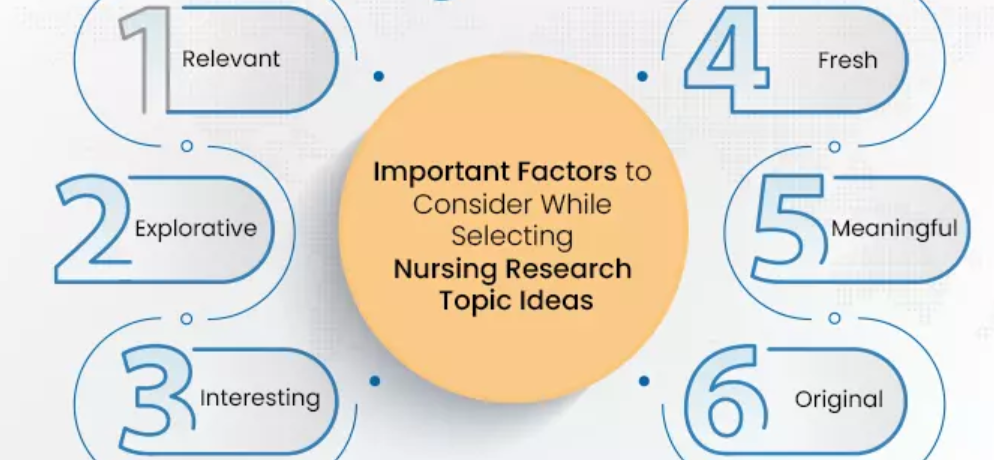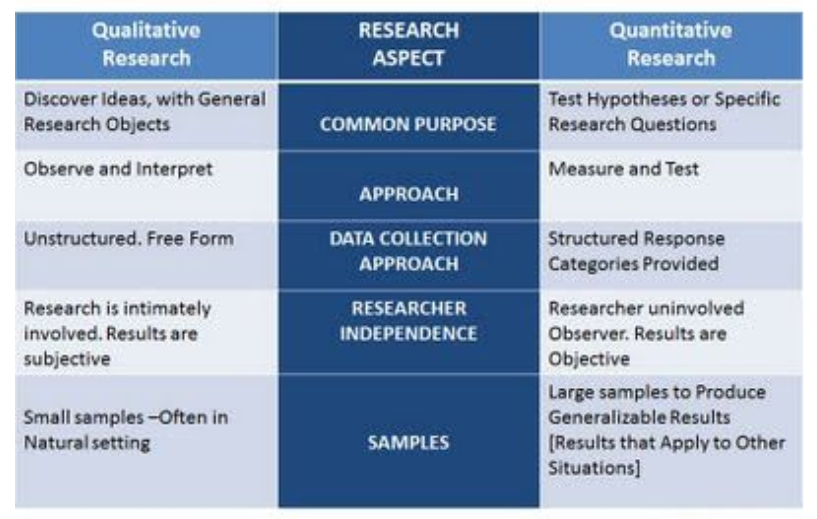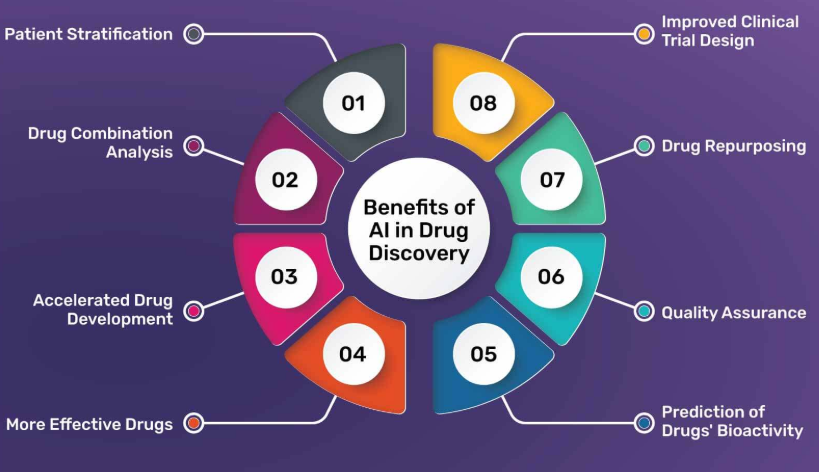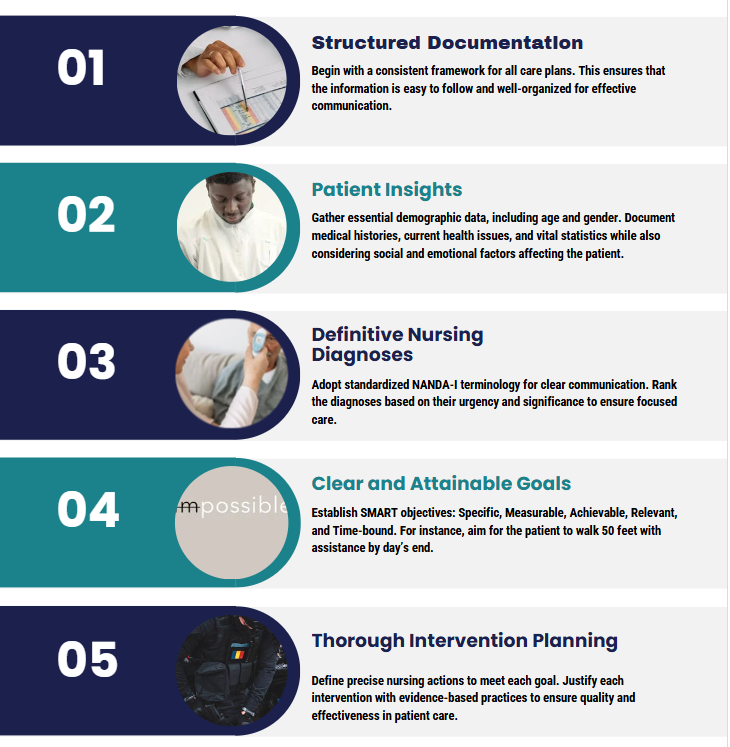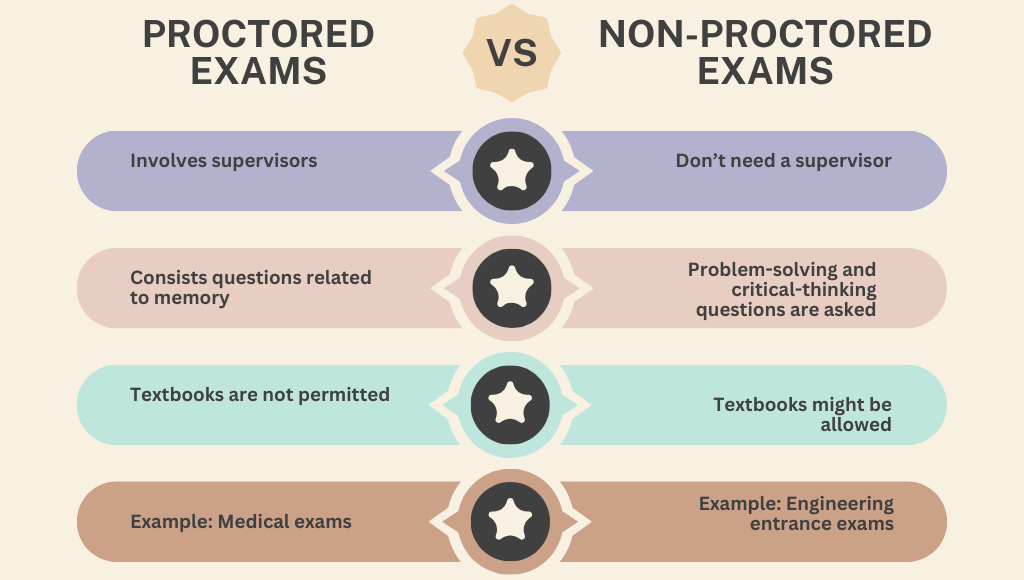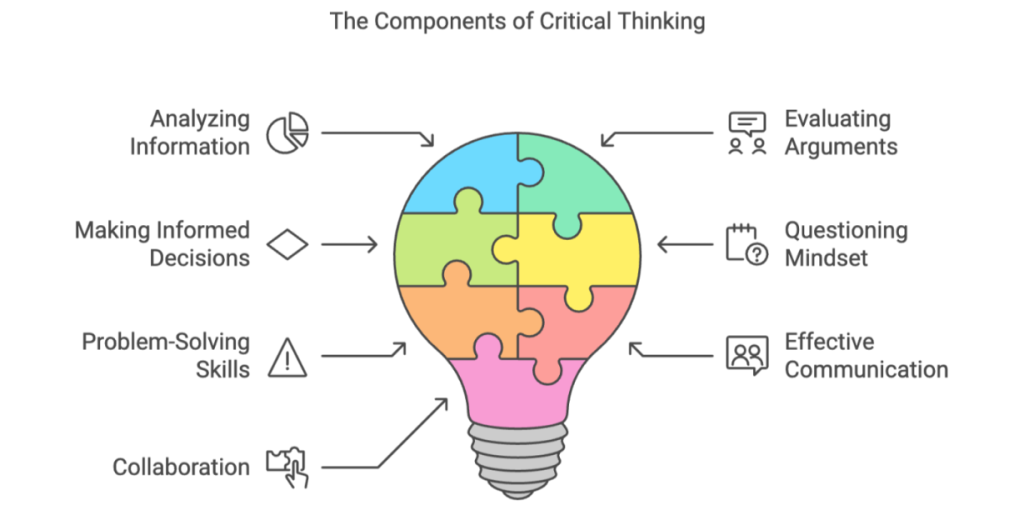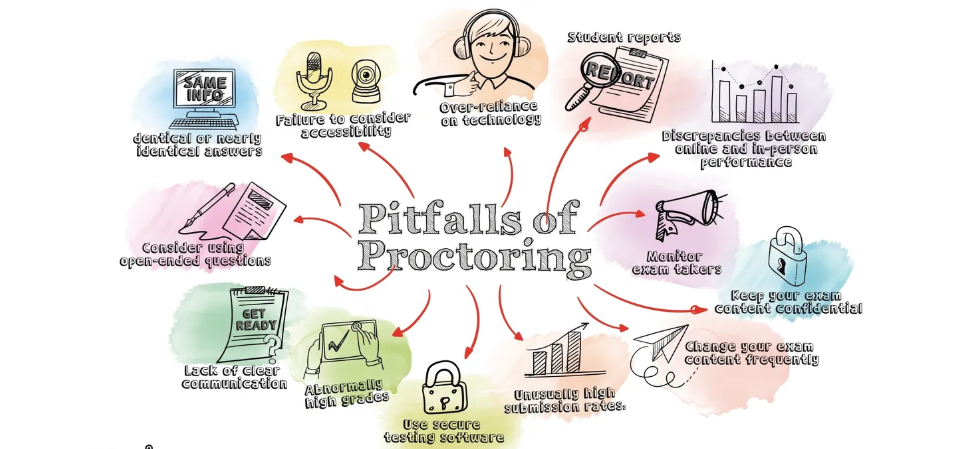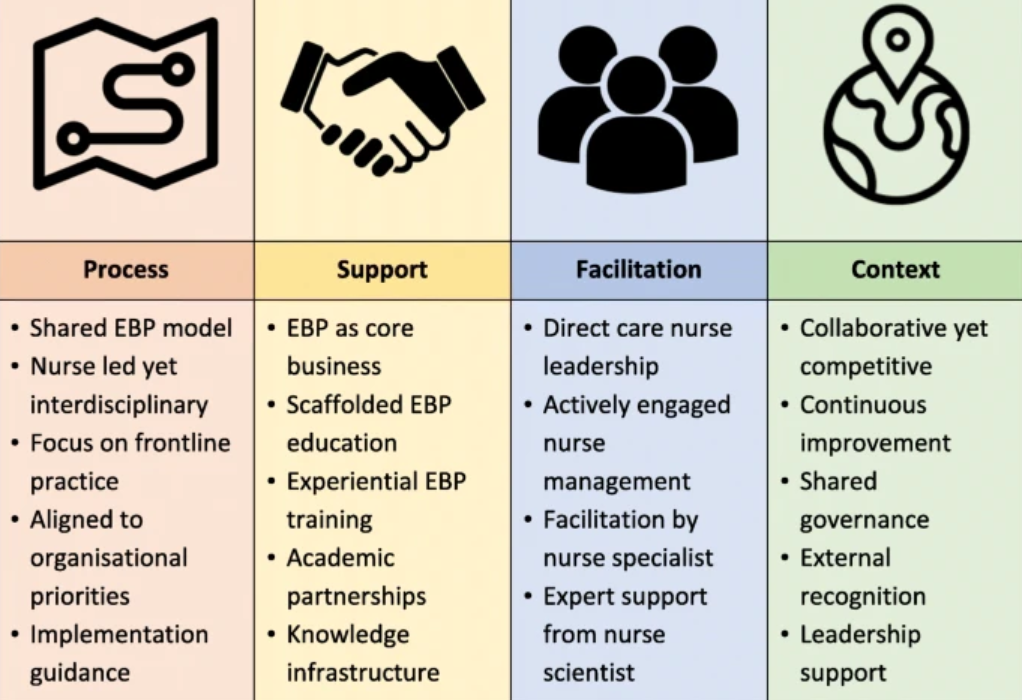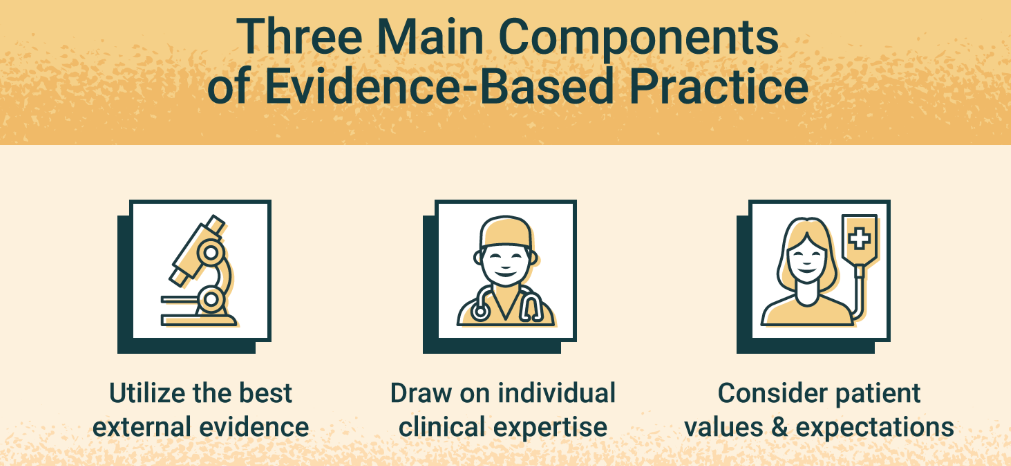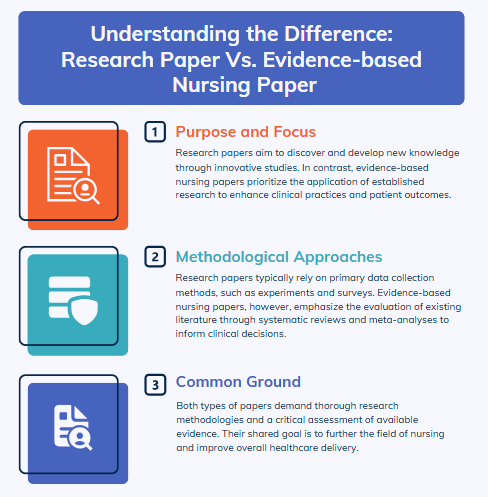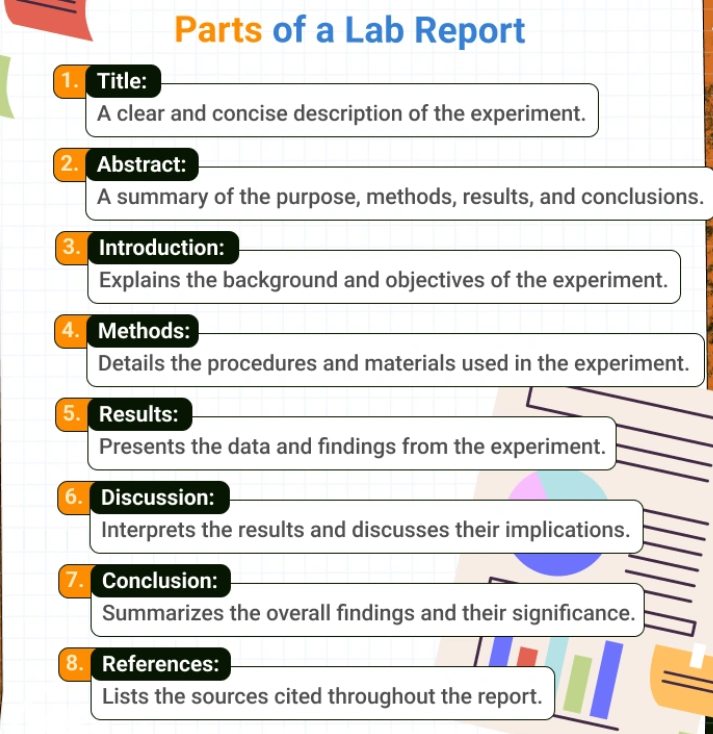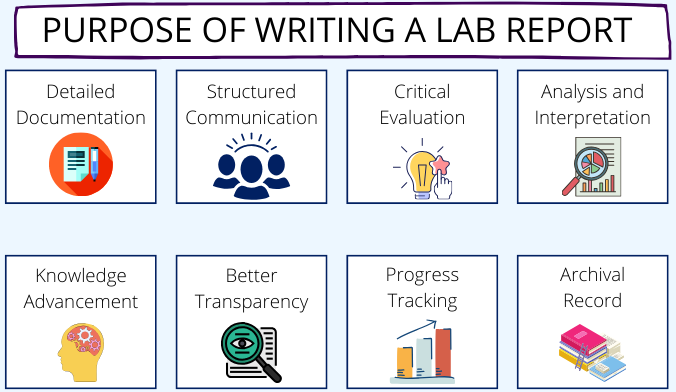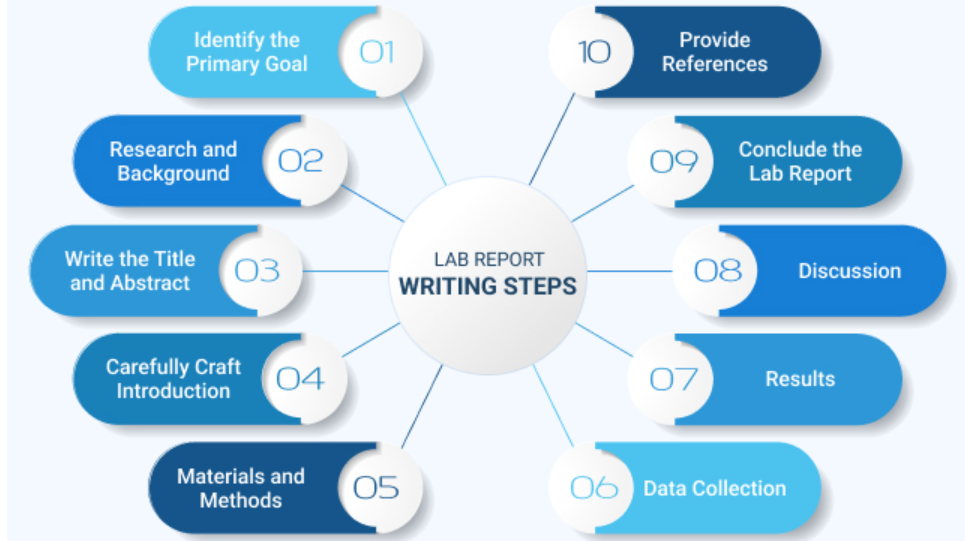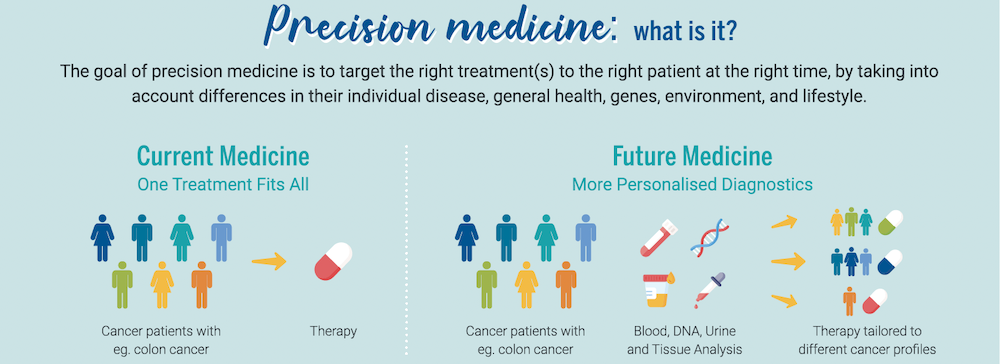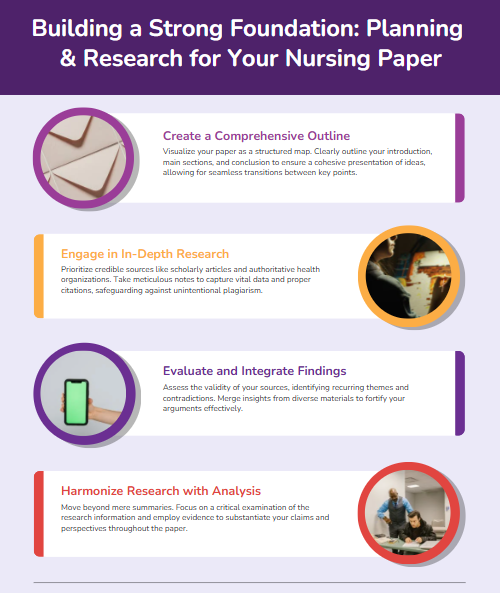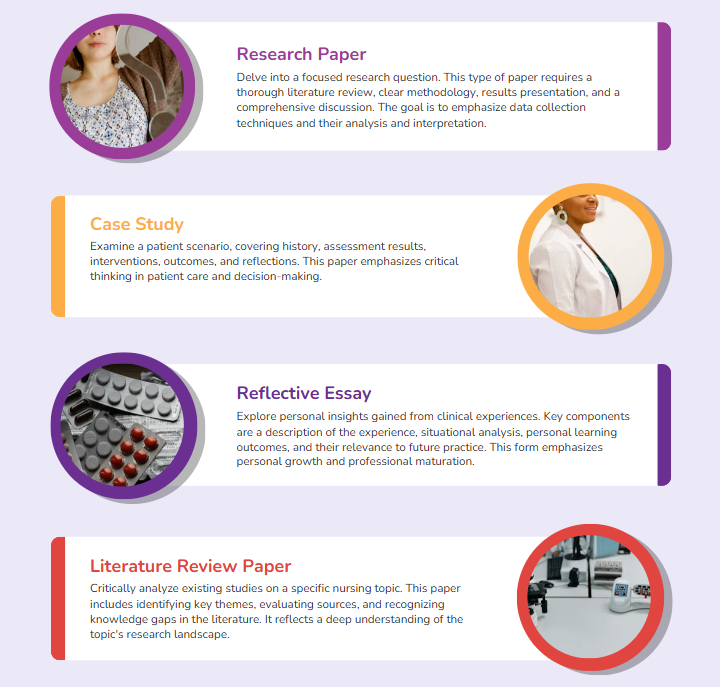
Table of Contents
Writing compelling and impactful nursing research papers is a crucial skill for advancing the nursing profession. It’s through rigorous research and clear dissemination of findings that evidence-based practice becomes the cornerstone of quality patient care. However, navigating the complexities of research methodology, data analysis, and scholarly writing can be daunting.
This article provides a comprehensive guide outlining essential guidelines to help you craft exceptional nursing research papers that contribute meaningfully to the field. It also offers examples of compelling topics for nursing research papers.
Step-by-Step Guide to Writing Nursing Research Papers
1. Laying the Foundation: Planning and Preparation
Before you even begin writing, careful planning is essential. This stage sets the stage for a successful and well-structured paper.
- Choose a Relevant and Focused Topic: Your topic should be significant to nursing practice, address a gap in the existing literature, and align with your interests. Consider areas like patient safety, chronic disease management, mental health, or emerging technologies.
- Conduct a Thorough Literature Review: A robust literature review is the backbone of any nursing research paper. It demonstrates your understanding of the existing body of knowledge, identifies key concepts, and justifies the need for your research. Use databases like PubMed, CINAHL, and Scopus.
- Develop a Clear Research Question or Hypothesis: A well-defined research question or hypothesis guides your research design and analysis. It should be specific, measurable, achievable, relevant, and time-bound (SMART). For example, “Does implementing a standardized pain assessment tool reduce opioid use in post-operative patients compared to standard care?”
- Select an Appropriate Research Design: The research design should align with your research question and the nature of the problem you are investigating. Common research designs include:
- Quantitative: Experimental, quasi-experimental, correlational, descriptive.
- Qualitative: Phenomenology, grounded theory, ethnography, case study.
- Mixed Methods: Combining quantitative and qualitative approaches.
- Obtain Ethical Approval: Ensuring ethical conduct is paramount. Obtain approval from your Institutional Review Board (IRB) before commencing data collection. Address issues of informed consent, privacy, and confidentiality.
2. Structuring Nursing Research Papers: The IMRAD Format
The IMRAD (Introduction, Methods, Results, and Discussion) format provides a standard framework for organizing nursing research papers. This structure enhances clarity and allows readers to easily locate specific information.
- Introduction:
- Background: Provide context and highlight the significance of your research topic.
- Problem Statement: Clearly articulate the problem you are addressing and its impact on nursing practice.
- Purpose/Aim: State the specific purpose or aim of your research.
- Research Question/Hypothesis: Clearly state your research question or hypothesis.
- Methods:
- Study Design: Describe the research design used.
- Setting and Participants: Specify the setting where the study was conducted and the characteristics of the participants.
- Data Collection Methods: Explain how data was collected (e.g., surveys, interviews, observations, physiological measurements).
- Data Analysis: Describe the statistical or qualitative methods used to analyze the data.
- Ethical Considerations: Summarize the ethical measures taken to protect participants.
- Results:
- Descriptive Statistics: Present descriptive data about the sample (e.g., demographics, means, standard deviations).
- Inferential Statistics: Report the results of statistical tests used to test your hypothesis or answer your research question.
- Qualitative Findings: Present themes, patterns, and insights derived from qualitative data.
- Tables and Figures: Use tables and figures to present data concisely and visually.
- Discussion:
- Interpretation of Findings: Interpret the meaning of your findings in relation to your research question or hypothesis.
- Comparison to Previous Literature: Compare your findings to previous research in the field.
- Limitations: Acknowledge the limitations of your study and their potential impact on the results.
- Implications for Nursing Practice: Discuss the implications of your findings for nursing practice, education, and policy.
- Future Research: Suggest directions for future research in the area.
- Conclusion: Summarize the key findings and their significance.
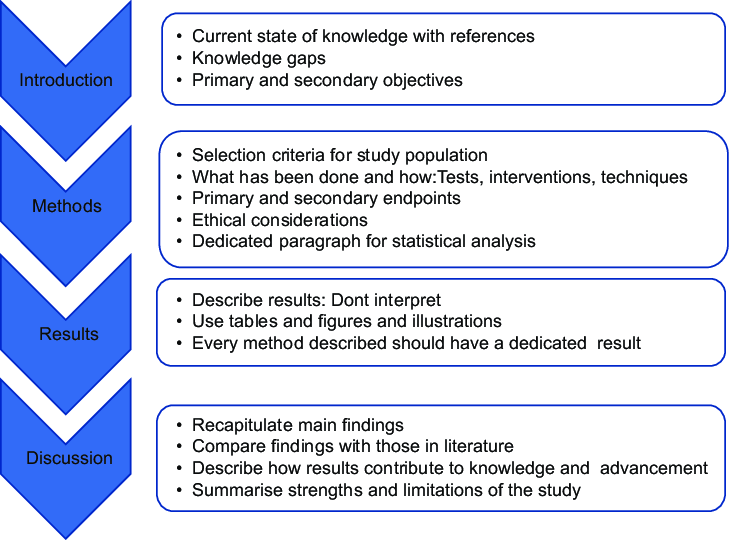
3. Writing Style and Clarity: Communicating Effectively
Effective communication is essential for nursing research papers. Use clear, concise language and avoid jargon.
- Use Active Voice: Active voice makes your writing more direct and engaging. For example, “The nurses administered the medication” (active) is better than “The medication was administered by the nurses” (passive).
- Maintain Objectivity: Present your findings objectively and avoid personal opinions or biases.
- Use Precise Language: Avoid vague or ambiguous language. Use precise terms that accurately convey your meaning.
- Ensure Logical Flow: Organize your ideas logically and use transitions to connect them smoothly.
- Proofread Carefully: Proofread your paper meticulously for errors in grammar, spelling, and punctuation.
4. Citing Sources and Avoiding Plagiarism
Properly citing sources is crucial for giving credit to the original authors and avoiding plagiarism in your nursing research papers.
- Choose a Style Guide: Select a style guide (e.g., APA, MLA, Chicago) and adhere to its guidelines consistently. APA is the most common style for nursing research papers.
- In-Text Citations: Use in-text citations to acknowledge the source of information within the text.
- Reference List/Bibliography: Include a complete reference list or bibliography at the end of your paper, listing all the sources you cited.
- Use Plagiarism Detection Software: Utilize plagiarism detection software (e.g., Turnitin) to ensure the originality of your work.
5. Data Analysis and Presentation: Ensuring Accuracy and Transparency
The accuracy and transparency of your data analysis and presentation are crucial for the credibility of your nursing research paper.
- Choose Appropriate Statistical Methods: Select statistical methods that are appropriate for your research question and the type of data you have collected.
- Report Statistical Results Accurately: Report statistical results accurately and include relevant information such as p-values, confidence intervals, and effect sizes.
- Use Tables and Figures Effectively: Use tables and figures to present data concisely and visually. Ensure that tables and figures are clearly labeled and easy to understand.
- Describe Data Analysis Procedures Clearly: Describe the data analysis procedures you used in sufficient detail so that others can replicate your analysis.
6. Addressing Limitations and Future Research
Acknowledging the limitations of your study and suggesting directions for future research demonstrates critical thinking and contributes to the advancement of knowledge.
- Identify Limitations: Be honest about the limitations of your study. Common limitations include small sample size, selection bias, and limitations in the measurement tools.
- Discuss the Impact of Limitations: Explain how the limitations of your study may have affected the results.
- Suggest Future Research: Based on your findings and the limitations of your study, suggest directions for future research in the area.
7. Seeking Feedback and Revision: Improving Your Work
Seeking feedback from peers, mentors, or faculty members is a valuable step in improving your nursing research papers.
- Share Your Draft: Share your draft with others and ask for their feedback.
- Be Open to Criticism: Be open to constructive criticism and use it to improve your paper.
- Revise and Edit: Revise and edit your paper based on the feedback you receive.
8. Resources and Support: Don’t Hesitate to Ask for Help with Nursing Research Papers
Writing nursing research papers can be challenging, so don’t hesitate to seek help when needed.
- Consult with Your Faculty Advisor: Your faculty advisor can provide guidance and support throughout the research process.
- Utilize Library Resources: Libraries offer a wealth of resources, including databases, journals, and research guides.
- Attend Workshops and Seminars: Attend workshops and seminars on research methodology and writing skills.
- Explore Online Resources: Numerous online resources provide guidance on writing nursing research papers. If you are looking for “help with nursing research papers” there are many online resources but always ensure they are credible and ethical. Similarly, searching for “nursing research paper help” or “nursing research paper writing” can yield helpful information, but proceed with caution and prioritize academic integrity. Nursing Papers is the premier academic writing platform that guarantees authentic and high-quality nursing research papers. Besides nursing research papers, we can also help you with essays, case studies and dissertations.
9. Adhering to Ethical Guidelines: Ensuring Integrity
Ethical considerations are paramount in nursing research papers.
- Informed Consent: Obtain informed consent from all participants before they participate in your study.
- Privacy and Confidentiality: Protect the privacy and confidentiality of participants’ data.
- Avoid Fabrication and Falsification: Never fabricate or falsify data.
- Transparency: Be transparent about your research methods and findings.
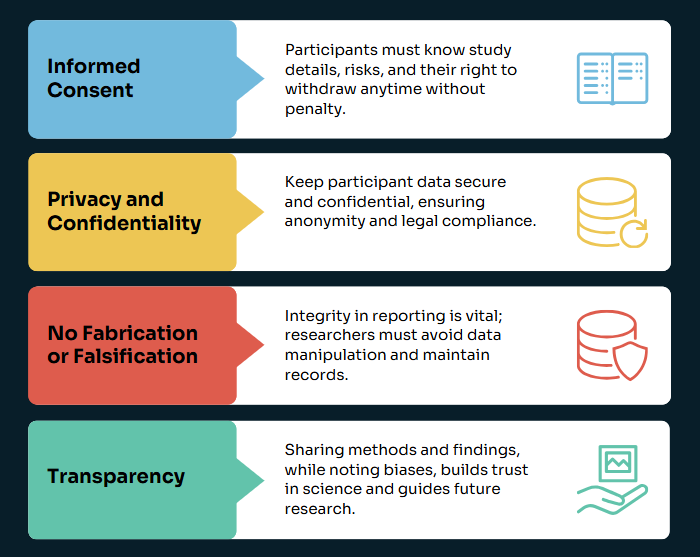
Final Review and Submission: Polishing Your Work
Before submitting your nursing research papers, conduct a final review to ensure that it is error-free and meets all the requirements.
- Check Formatting: Ensure that your paper is formatted according to the specified style guide.
- Review Citations: Double-check all citations to ensure accuracy and completeness.
- Proofread Carefully: Proofread your paper one last time for any errors in grammar, spelling, and punctuation.
- Submit on Time: Submit your paper by the deadline.
Compelling Topics for Nursing Research Papers
Nursing, as a dynamic and evolving profession, thrives on evidence-based practice. This reliance on evidence necessitates continuous research that informs and improves patient care, optimizes nursing practice, and shapes healthcare policy. For nursing students and professionals alike, crafting impactful nursing research papers is crucial for contributing to this vital knowledge base. But with so many potential avenues, selecting a suitable topic can feel daunting.
This article outlines six compelling topics for nursing research papers that offer rich opportunities for exploration and can contribute meaningfully to the field.
1. The Impact of Technology on Patient Care and Nurse Well-being:
Technology is rapidly transforming healthcare, and nurses are at the forefront of this revolution. Researching the impact of specific technologies on patient outcomes and nurse well-being provides invaluable insights. Consider these subtopics:
- Telehealth and Chronic Disease Management: Investigate the effectiveness of telehealth interventions in improving adherence to treatment plans, reducing hospital readmissions, and enhancing the quality of life for patients with chronic conditions like diabetes or heart failure. Focus on specific populations or geographical areas.
- Artificial Intelligence (AI) in Nursing Practice: Explore the potential benefits and ethical implications of using AI-powered tools in nursing, such as predictive analytics for early detection of patient deterioration or AI-assisted diagnostic support. Examine the impact on nurse workload and decision-making.
- Electronic Health Records (EHRs) and Nurse Burnout: Analyze the relationship between EHR usability and nurse burnout. Investigate how EHR design and implementation can be optimized to reduce administrative burden and improve nurse satisfaction.
This topic is ripe for qualitative and quantitative studies, surveys, and literature reviews, allowing you to delve into the complex interplay between technology and nursing.
2. Mental Health and Well-being of Nurses:
The demanding nature of nursing can significantly impact mental health. Researching the prevalence, causes, and potential interventions for mental health challenges among nurses is essential for promoting a healthy and sustainable workforce. Consider these research areas:
- The Impact of Moral Distress on Nurse Mental Health: Investigate the experiences of nurses facing ethical dilemmas and moral conflicts in their practice and how this contributes to stress, burnout, and mental health issues.
- Effective Coping Mechanisms and Resilience Strategies for Nurses: Explore the strategies nurses employ to cope with stress and build resilience. Evaluate the effectiveness of different interventions, such as mindfulness training, peer support groups, or workplace wellness programs.
- Addressing Stigma and Promoting Access to Mental Health Services for Nurses: Analyze the barriers that prevent nurses from seeking mental health support and develop recommendations for creating a more supportive and destigmatized environment within healthcare organizations.
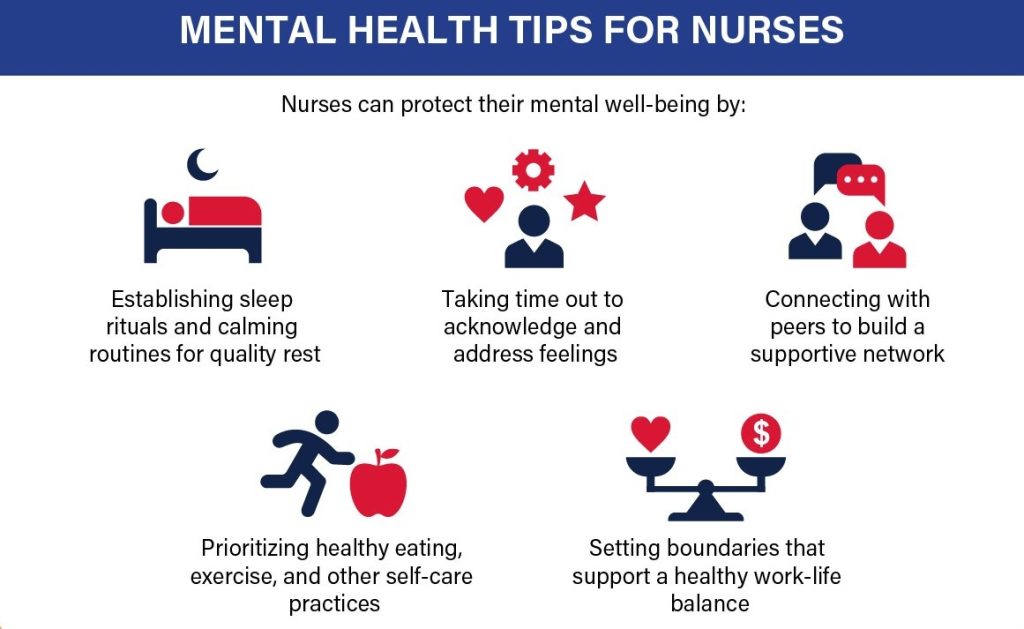
This area allows for both quantitative studies measuring stress levels and mental health indicators and qualitative studies exploring the lived experiences of nurses struggling with mental health challenges.
3. Addressing Health Disparities in Specific Populations:
Health disparities persist across various populations, and nurses play a critical role in addressing these inequities. Focusing on specific populations and exploring the factors contributing to these disparities can inform targeted interventions and improve health outcomes. Possible avenues include:
- Access to Care for Underserved Rural Communities: Investigate the barriers to accessing healthcare services in rural areas and propose innovative solutions, such as mobile health clinics, telehealth, or community-based outreach programs.
- Cultural Competency and Health Outcomes in Diverse Populations: Examine the impact of culturally competent nursing care on patient satisfaction, adherence to treatment plans, and overall health outcomes in specific cultural groups.
- Addressing Health Disparities in LGBTQ+ Individuals: Explore the specific health challenges faced by LGBTQ+ individuals and develop strategies for creating a more inclusive and affirming healthcare environment.
This topic calls for a nuanced understanding of social determinants of health and requires researchers to engage with the community being studied.
4. Innovative Approaches to Pain Management:
Pain management remains a significant challenge in healthcare, and nurses are at the forefront of providing comfort and relief to patients. Researching innovative approaches to pain management can improve patient outcomes and reduce reliance on opioid medications.
- The Effectiveness of Non-Pharmacological Pain Management Techniques: Investigate the efficacy of techniques like acupuncture, massage therapy, aromatherapy, and mindfulness in managing different types of pain.
- Personalized Pain Management Strategies: Explore the use of genetic testing or other personalized approaches to tailor pain management plans to individual patient needs.
- The Role of Nurses in Promoting Safe Opioid Use: Examine the strategies nurses can use to educate patients and families about the risks of opioid medications and to monitor for signs of opioid misuse or addiction.
This area allows for randomized controlled trials and mixed-methods studies to evaluate the effectiveness of different pain management interventions.
5. The Impact of Nursing Education on Clinical Practice:
Nursing education plays a crucial role in preparing future nurses for the complexities of clinical practice. Investigating the effectiveness of different educational approaches can ensure that nursing graduates are equipped with the necessary skills and knowledge to provide high-quality care.
- Simulation-Based Learning and Clinical Competency: Evaluate the effectiveness of simulation-based learning in improving students’ clinical skills, critical thinking abilities, and confidence in performing specific procedures.
- The Impact of Interprofessional Education on Collaboration: Explore the impact of interprofessional education on improving teamwork, communication, and collaboration among healthcare professionals.
- Integrating Technology into Nursing Curricula: Examine the effectiveness of using technology, such as virtual reality or online learning platforms, in nursing education.
6. Patient Safety and Quality Improvement Initiatives:
Patient safety is paramount in healthcare, and nurses are essential in identifying and addressing potential safety risks. Researching quality improvement initiatives can contribute to a safer and more reliable healthcare system. For your nursing research papers, consider investigating topics such as:
- The Impact of Nurse Staffing Levels on Patient Outcomes: Analyze the relationship between nurse staffing levels and adverse events, such as falls, medication errors, and hospital-acquired infections.
- Implementation of Evidence-Based Practice Guidelines: Evaluate the effectiveness of implementing evidence-based practice guidelines in specific clinical settings.
- The Role of Nurses in Preventing Healthcare-Associated Infections: Investigate the strategies nurses can use to prevent the spread of infections in hospitals and other healthcare facilities.
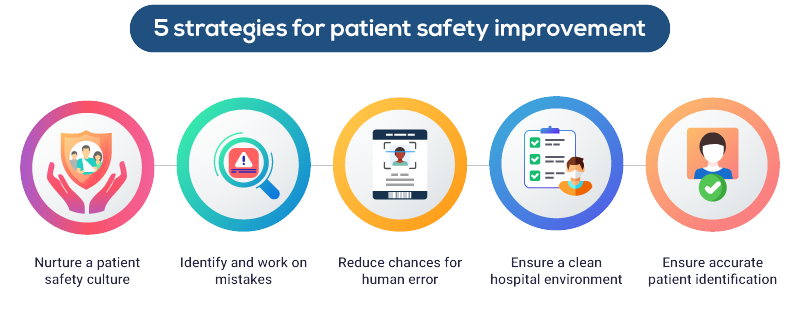
Choosing a topic for your nursing research papers should be a balance of your interests, the feasibility of the research, and the potential contribution to the nursing profession. By carefully considering these six topics, you can embark on a research journey that is both intellectually stimulating and professionally rewarding.
The Bottom Line
Following these essential guidelines will enable you to craft high-quality nursing research papers that contribute to the advancement of nursing knowledge and improve patient care. Remember that writing successful nursing research papers is a process that requires careful planning, diligent effort, and a commitment to ethical principles. This guide has provided comprehensive steps and tips to help you navigate the process of writing authentic and top-notch nursing research papers. Good luck!



